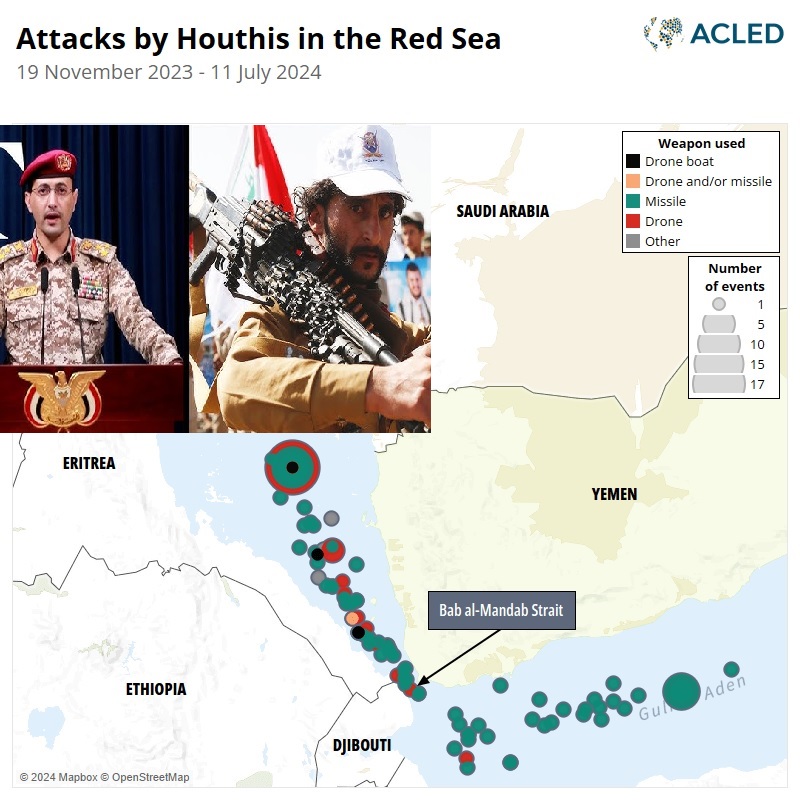Yemen’s Houthis Crack Down on Israeli-Linked Vessels, Citing Intelligence on Asset Transfers
Houthi Blockade Targets Israeli Vessels in Red Sea
The Iran-backed Houthi movement in Yemen announced an expanded blockade on Israeli-linked vessels. This move escalates their stance against Israel, targeting ships associated with Israel or newly reflagged through ownership transfers. Houthi leaders demand an end to Israel’s actions in Gaza and Lebanon as a condition for lifting the blockade.
Intelligence Drives Houthi Strategy
Houthi military spokesperson Yahya Sarea cited intelligence reports suggesting Israeli shipping companies are shifting assets to bypass the blockade. According to Sarea, the Houthis will not recognize ownership transfers aimed at evading their restrictions. This direct approach indicates the Houthis’ commitment to counter Israeli maritime strategies.

Supporting Hamas and Hezbollah
The Houthis are expanding attacks to align with regional allies like Hamas and Hezbollah, who resist Israeli policies. In a televised address, Sarea warned that Houthi forces would target any ship connected to Israel, reinforcing solidarity with these groups. This stance underscores a growing regional alliance against Israel.
Increased Risks for Global Maritime Routes
By enforcing this blockade, the Houthis increase risks for global shipping in the Red Sea. Companies attempting ownership transfers of Israeli-linked ships may face direct Houthi action. Any vessel suspected of Israeli association now risks attack, potentially affecting insurance rates and global shipping stability.
Wider Impact on Red Sea Trade
The Houthi blockade disrupts the Red Sea, a vital artery for global trade. This escalation may strain relations with countries relying on secure Red Sea passage. A prolonged blockade could provoke international responses, especially from nations invested in Gulf and Red Sea stability.
The Houthi blockade illustrates Yemen’s strategic role in Middle Eastern conflicts. This maritime stance against Israel further complicates an already tense region, potentially driving intensified regional and international responses.
Our Visitor






 Users Today : 8
Users Today : 8


